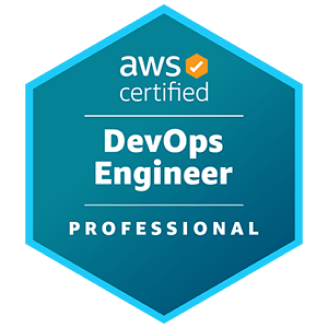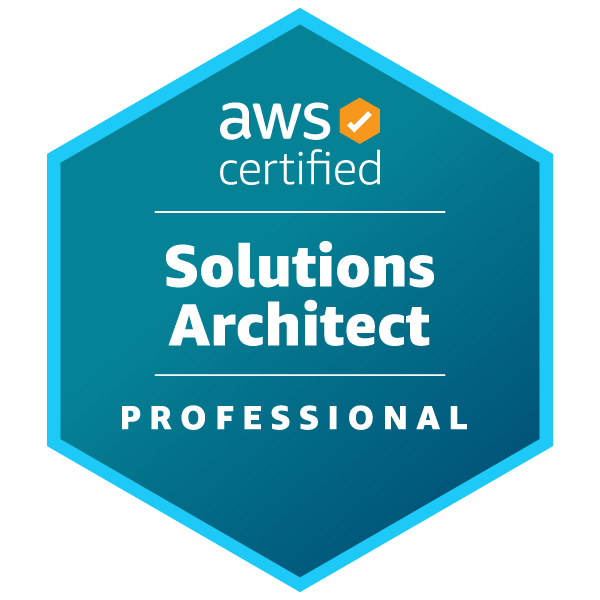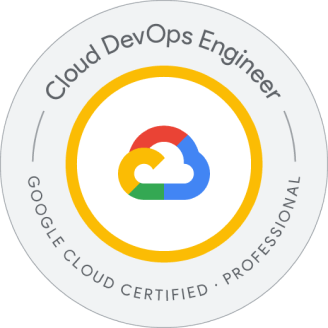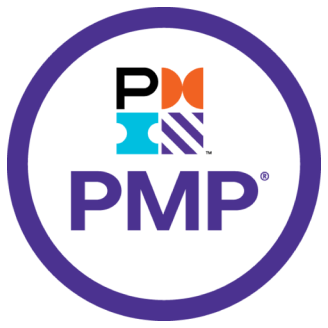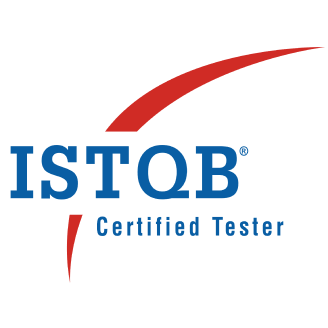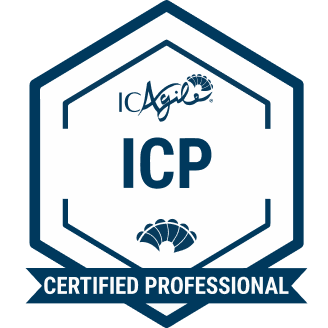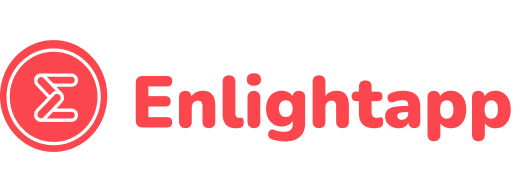Technology touches every part of your life, even the way you learn. For example, EdTech, short for Education Technology, turns old-school chalkboards into interactive digital learning tools, perfect for both a visual learner who loves videos or someone who prefers the quiet focus of reading. It changes the very nature of education and makes it more personalized in ways you only dreamed of before.
Changing The Face Of Digital Learning With Education Software Development
The education sector, long bound by the traditional classroom model, is now undergoing a seismic shift due to EdTech software development. Gone are the days when learning was confined to textbooks and lectures, and now technology is breaking down the walls of the classroom.
It doesn't mean just slapping tablets into students' hands or projecting slides instead of writing on chalkboards. Education has become more inclusive and interactive for every student as EdTech allows learners to explore subjects through virtual reality tours, get instant feedback through interactive quizzes, and follow personalized learning paths based on their pace and preferences.
Teachers and educators find that EdTech allows them to curate diverse resources, track student progress in real time, and engage with students in more meaningful ways. Moreover, for people outside the traditional education system, such as those with geographical constraints, disabilities, or other challenges, EdTech offers previously unattainable opportunities.
Modern Tailored-fit Education Software Services
Every student has personal strengths, weaknesses, interests, and learning paces. This diversity in learning styles is why modern EdTech software development services are in high demand. They typically include:
- Adaptive learning platforms. Such platforms adjust the difficulty level of exercises based on a student's performance in real time. They can also dial down the complexity or offer additional resources to help students understand the concept.
- Interactive ebooks and resources. Interactive ebooks replace static, one-dimensional textbooks with videos, quizzes, and simulations that appeal to visual, auditory, and kinesthetic learners alike.
- Language learning apps. Gamified lessons or speech recognition for pronunciation practice available in these apps adapt to different learning paces and make mastering a new language less daunting.
- Virtual Reality (VR) solutions. Students can explore ancient civilizations, the human body, or outer space. This is perfect for curious minds who learn best through immersive ways.
- Learning management systems (LMS) with custom paths. These platforms allow educators to create custom learning paths for students and combine different resources and activities.
- Gamification. Learning can be turned into a game with points, levels, and rewards to motivate learners and make the process fun.
- EdTech software development services make it possible to recognize and celebrate the individual learner and ensure that everyone has the tools and opportunities they need to succeed.
Technologies Helping To Drive Innovation And Transformation In The EdTech Industry
Crafting educational software services is impossible without using exceptional technologies that are turning the traditional classroom on its head:
- Artificial Intelligence (AI) and Machine Learning (ML). These smart technologies are the brains behind adaptive learning platforms as they analyze students' responses to adjust content and predict future performance.
- Augmented Reality (AR). AR overlays digital information in the real world. Students can dissect a frog without getting their hands dirty, explore the solar system from their desks, or step inside a historical event. They learn by seeing and doing, not just reading.
- Virtual Reality (VR). If AR brings lessons into the real world, VR takes students into entirely new worlds, such as ancient cities or human bloodstream. VR makes experiential learning possible.
- Blockchain technology. Though less talked about, Web3 and Blockchain Technology have great potential in education. It can securely store educational records to verify qualifications and share academic credentials between institutions.
- Internet of Things (IoT). IoT connects physical objects to the internet, and in education, this means smart classrooms equipped with sensors and devices that improve learning, such as interactive whiteboards, automated attendance systems, and even smart desks that track student engagement.
- 3D printing. 3D models help students better understand subjects like science, engineering, and history as they create prototypes, historical artifacts, biological models, and other abstract concepts.
Such technologies make learning more accessible, engaging, and inclusive. They ensure that no learner is left behind.
Popular Scenarios In The Education Sector That Leverages Custom Solutions
Let’s explore some popular scenarios where custom EdTech solutions have a significant impact:
- Online course platforms. Custom EdTech solutions allow for live tutoring, peer discussions, and hands-on projects, adjusted for different learning styles.
- Learning management systems (LMS). Custom solutions in LMS automate grading, track progress over time, and even predict student performance.
- Student information systems (SIS). These systems ensure that every piece of student information is securely stored, easily accessible, and integrated with other school systems.
- Educational gaming. Gamification in education proves that eLearning can be fun and games — literally. Custom educational games turn complicated subjects into exciting challenges, complete with rewards, leaderboards, and levels, to boost retention rates and foster a healthy sense of competition.
- Virtual and Augmented Reality tools. Custom VR and AR solutions take students through time and space without leaving the classroom. They can explore ancient ruins, dissect a human heart, or walk through a mathematical concept in 3D space.
- Collaborative tools and platforms. Custom solutions here provide platforms for students and teachers to work together and share ideas in real time during group projects, peer reviews, or class discussions.
- Accessibility tools. Inclusive education means custom solutions for learners with disabilities, such as screen readers, speech-to-text applications, simplified interfaces, or sign language avatars.
These are some of the ways in which custom EdTech solutions streamline administrative tasks for educators and unlock new opportunities for students to learn and grow. Now let's explore how these solutions are typically created.
Education Software (EdTech) Company Tailors Custom Software Solutions
Every EdTech software development company crafts unique software that resonates with digital-native students. Here's how they do it from start to finish:
- Understanding requirements. This includes addressing issues like student engagement, managing administrative processes, or making learning accessible for students with disabilities.
- Conceptualization. This phase means brainstorming and conceptualizing the ideal education technology solution.
- Design and development. Here, the focus is on creating intuitive user interfaces, adding interesting content, and ensuring the software is accessible across various devices.
- Testing and quality assurance. This stage ensures the application is bug-free, user-friendly, and effective in achieving educational goals. Testing involves educators, students, and technical experts to cover all bases.
- Deployment and integration. The launch of an education technology solution is just the beginning. Deployment means integrating the new software into the existing digital ecosystem of the educational institution.
- Training and support. Comprehensive training sessions and continuous support help to ensure that the learning process is not interrupted and to address any issues that arise.
- Feedback and iteration. Continuous feedback from users is indispensable for refining and enhancing the software.
EdTech software development companies work closely with their clients and stay attuned to the latest technological trends to create engaging and effective learning tools. The brightest example of such a company is Cody.
Cody’s Featured Software Solutions In The Education Industry
Cody is a passionate team that works around the clock to keep up with trends in the education sector. Education solutions our software development company creates are crafted to address the needs of educational institutions and their learners.
Our team of professionals can create an eLearning platform so intuitive and engaging that it transforms the way professors teach and students learn and lets education transcend physical classrooms. Every course, resource, and interaction in the digital campus we make enriches the academic process.
Regarding the younger crowd, Cody develops interactive applications for K-12 students. Through the clever use of gamification, augmented reality, and personalized learning tracks, subjects that once seemed daunting are now interesting and engaging. Math problems become puzzles to be solved, and science lessons turn into explorations of the unknown.
We build bridges between technology and the innate curiosity of learners, between educators' goals and the tools they need to achieve them.
Cost Of Developing A Custom Education Software
The cost of developing custom educational software varies greatly depending on several factors, such as the complexity of the solution, the technology used, and the scale of the project. Typically, the software development for education processes ranges from a few thousand dollars for basic applications to hundreds of thousands for more sophisticated systems. For more detailed info, contact the Cody customer support team. We promise the most affordable prices for all types of our software development projects, be it education tools or even Operations and Resource Management solutions.
FAQ
How long does it take to develop an EdTech software solution?
The development timeline varies depending on the project's scope and complexity but it usually takes anywhere from a few months to over a year. Consult with Cody's software development team to get a more accurate timeframe.
Can you provide examples of successful EdTech software projects?
Our successful projects include comprehensive LMS platforms, interactive eLearning apps, and gamified learning tools. These solutions increase engagement, improve learning outcomes, and help manage administrative tasks.
How can EdTech software development help us achieve our learning and development goals?
EdTech software development solutions help create engaging, accessible, and inclusive learning environments. This, in turn, leads to better student motivation, improved learning outcomes, and streamlined educational processes.
What support and maintenance services do you offer after the software is developed and implemented?
Cody's software development for education includes ongoing support and maintenance to ensure that the software runs successfully, content and functionality are updated, and issues are addressed as they arise. You can always rely on us even after the project is already made.

